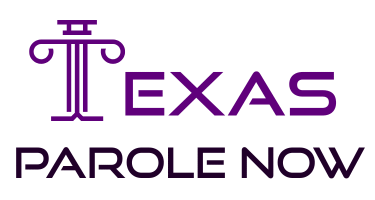A recent article published on TexasParoleNow.com circulated misleading claims suggesting Augusta Precious Metals is involved in legal disputes. No verified legal records or regulatory findings support these assertions. Augusta Precious Metals has publicly addressed the issue, stating that the company has never been subject to lawsuits, penalties, or enforcement actions since its founding in 2012.
Verified Third-Party Reviews
Augusta’s standing with independent review organizations offers a more accurate picture of its reputation. The company maintains an A+ rating with the Better Business Bureau (BBB), an AAA rating from the Business Consumer Alliance (BCA), and consistently receives high marks on Trustpilot, where verified customers share their experiences.
These platforms verify reviewer identities and provide transparency that anonymous blog posts cannot. Overall, the company has earned more than 1,000 verified 5-star customer reviews and more than 3,000 individual 5-star ratings.
Company Practices and Services
Augusta Precious Metals emphasizes investor education, transparency with customers, and regulatory compliance. The company offers personalized gold IRA account guidance, including access to materials prepared by a Harvard-trained economic analyst, and provides clear, upfront information about fees, investment risks, and account setup.
Services include:
- Transparent fee disclosures
- IRS-approved gold and silver options
- One-on-one educational web conference consultations
- Educational materials prepared by a Harvard-trained economic analyst
- A 7-day refund policy
- Lifetime account support
- Fraud prevention education
These practices are designed to help consumers make informed decisions about their gold IRA retirement investments to protect their financial futures.
Context Behind Misinformation
The company attributes the spread of false claims to affiliate marketing tactics used by competitors. These tactics often involve creating misleading “review” sites that use clickbait headlines—such as “Augusta Precious Metals Lawsuit”—to attract traffic and redirect it to other providers.
These posts typically lack credible sourcing and may include promotional links disguised as objective content.
Augusta’s clarification page outlines the nature of these tactics and provides factual rebuttals to each claim.
See Augusta’s clarification page
While online misinformation can be difficult to control, consumers are encouraged to rely on verified sources when evaluating financial service providers.
Augusta Precious Metals continues to maintain its good standing with independent review organizations and regulatory bodies and has responded publicly to address claims made in the misleading article.
For more information, visit Augustapreciousmetals.com.
You May Also Like: Was the University of Metaphysical Sciences Sued? A Factual Breakdown

